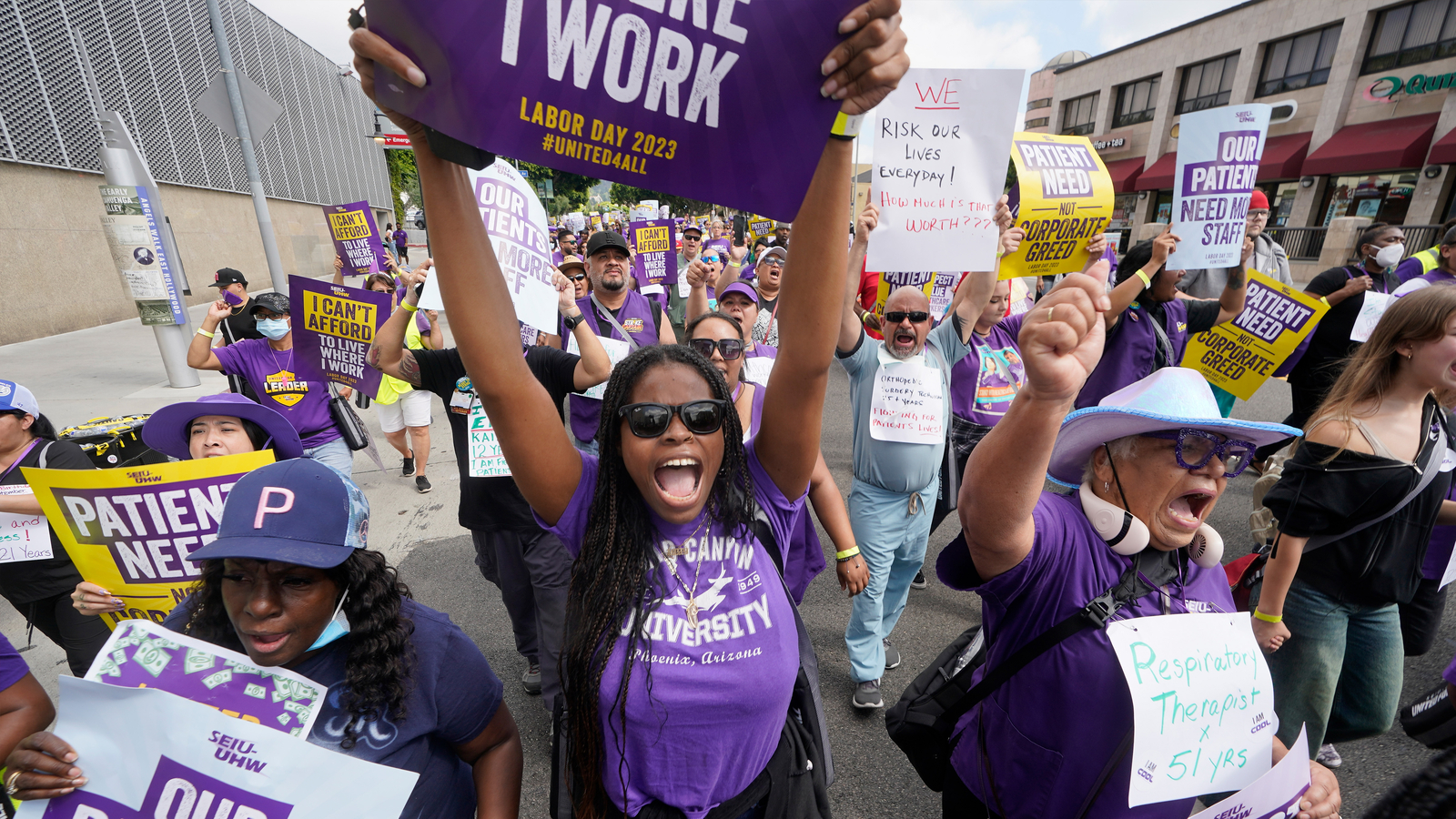
"From barbecues to getaways to shopping the sales, many people across the U.S. mark Labor Day - the federal holiday celebrating the American worker - by finding ways to relax. The holiday with activist roots is celebrated on the first Monday of September, creating a three-day weekend that marks the unofficial end of summer. Over 17 million people were expected to travel by air from Thursday through Wednesday, according to the Transportation Security Administration, with Friday being the day with the most travelers. AAA said that according to its booking data, top destinations for the weekend include Seattle, New York and Orlando, Florida."
"Labor Day's origins date to the Gilded Age Activists first sought to establish a day to pay tribute to workers in the late 1800s. The first Labor Day celebration in the U.S. took place in New York City on Sept. 5, 1882, when some 10,000 workers marched in a parade organized by the Central Labor Union and the Knights of Labor. Workers' quality of life was declining as they transitioned from artisan to factory jobs, while factory owners' quality of life was "just skyrocketing," said Todd Vachon, an assistant professor in the Rutgers School of Management and Labor Relations."
"In the years that followed, a handful of cities and states adopted laws recognizing Labor Day. President Grover Cleveland signed a congressional act in 1894 making it a federal holiday. That was the same year that workers for the Pullman Palace Car Company went on strike after the railcar-maker cut wages without reducing rent in the company-owned town where workers lived near Chicago, Vachon said. Over 12 workers were killed after Cleveland sent federal troops to crush the strike, he said."
Labor Day honors American workers and is observed with barbecues, getaways, shopping sales and widespread travel during a three-day weekend that signals the unofficial end of summer. Millions travel by air for the holiday, with popular destinations such as Seattle, New York and Orlando. Origins trace to Gilded Age labor activism in the late 1800s, including a large Sept. 5, 1882, parade in New York City. Industrialization eroded workers' quality of life while benefiting factory owners. In 1894 Congress made Labor Day a federal holiday amid labor unrest such as the Pullman strike and federal intervention.
Read at ABC7 Los Angeles
Unable to calculate read time
Collection
[
|
...
]